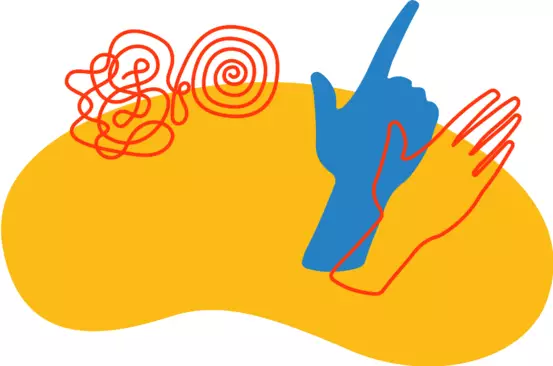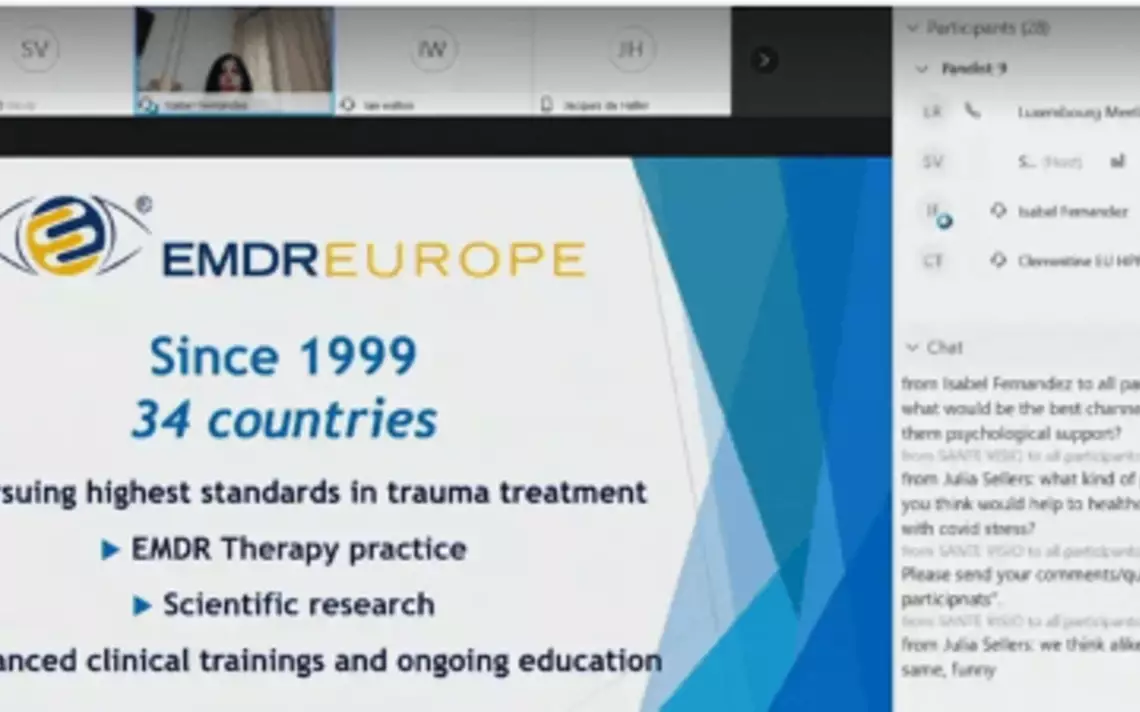Official professional Association of National EMDR Associations
We help to reduce distress after trauma and to overcome mental disorders
EMDR Europe Workshop Conference
in Oslo, 5 - 7 June 2026
What is EMDR?
EMDR (Eye Movement Desensitization and Reprocessing) is an evidence-based psychotherapy that helps individuals recover from trauma and other distressing life experiences, including PTSD, anxiety, depression, and other psychiatric disorders.

For Professionals
Elevate your practice and empower your clients: Integrate EMDR therapy to revolutionize both your approach to therapy and your clients' path to recovery. Incorporating EMDR therapy into your mental health practice offers a transformative approach for treating trauma and other psychological disorders.

41
National Associations
25'000+
Certified Clinicians
2'000'000+
Patients helped
Projects we support
Recent projects
Agenda - Prochainement

News
Dernières News






